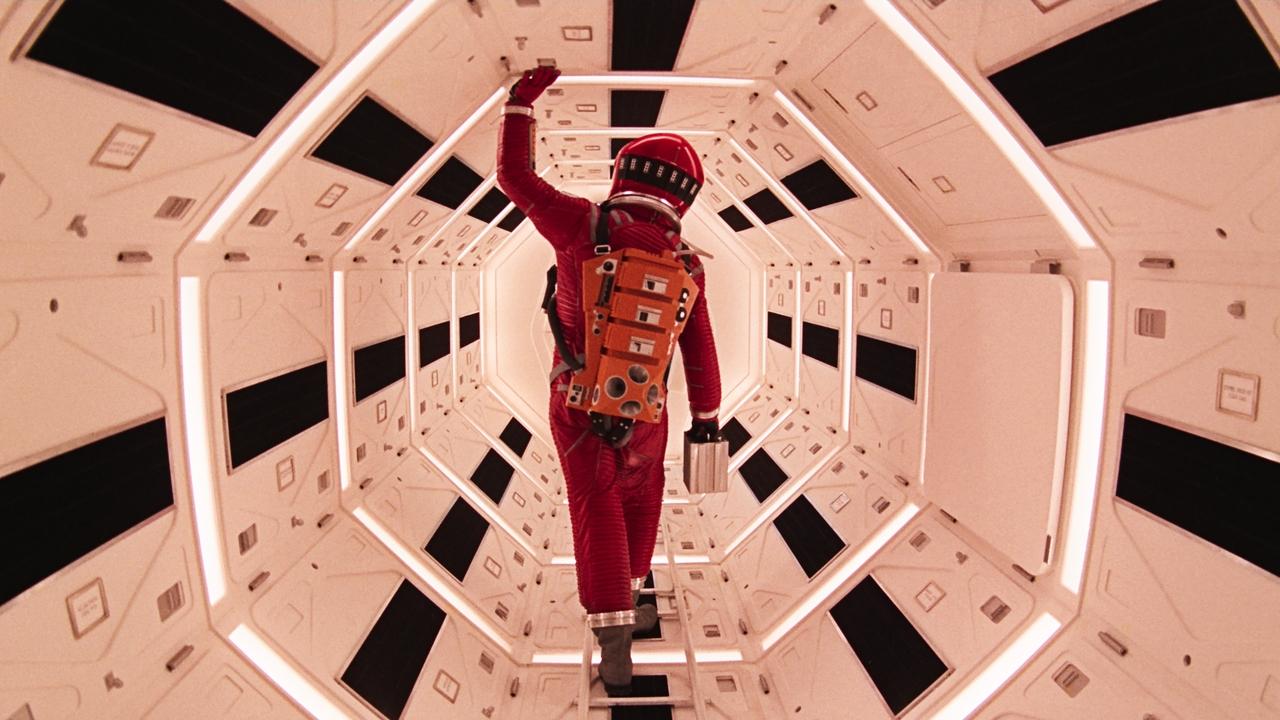From the opening bars of Richard Strauss's "Also spracht Zarathustra" you just know that this is going to be something unique - and that it is. Apes, playing by a puddle - occasionally engaging in some noisy territorial warfare with their neighbours until one morning, this great black monolith appears. Shortly afterwards these creatures have realised that old bones make new weapons - and that these weapons can kill! The next phase jumps forward four million years later to a mission to Jupiter where a crew of five astronauts under the helpful gaze of their "HAL" computer are making their way across space. Two of them: "Poole" (Gary Lockwood) and "Bowman" (Keir Dullea) are not in hibernation and are regularly engaging with there outwardly affable digital companion. It doesn't take the humans long to conclude that "HAL" might be both malfunctioning and malevolent, and all of a sudden the life of all the people on board becomes precariously balanced. Is "HAL" malfunctioning, or is it fulfilling it's programming and the crew are just not read in? What might that objective be? We know that the monolith has been seen since the apes, what does that mean? What is the symbolism of this perfectly hewn tablet of granite? Kubrick was visionary with this work. It is a tale of evolution, or progress - of intelligence. It doesn't always make immediate sense, but after you've watched it a few times, there are extra ingredients to this potent mix of adventure and intellect that emerge. The ending is a tad surreal for my rather non-lateral-thinking brain, but the trip they take and the trip we take are eventful and thought provoking. Of course, back in 1968 2001 was a lifetime away and obviously none of this came to pass, but if we renamed it 3001 and recalibrated, well I wonder...! Great stuff.
